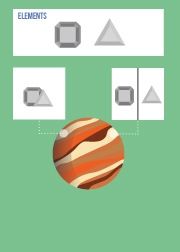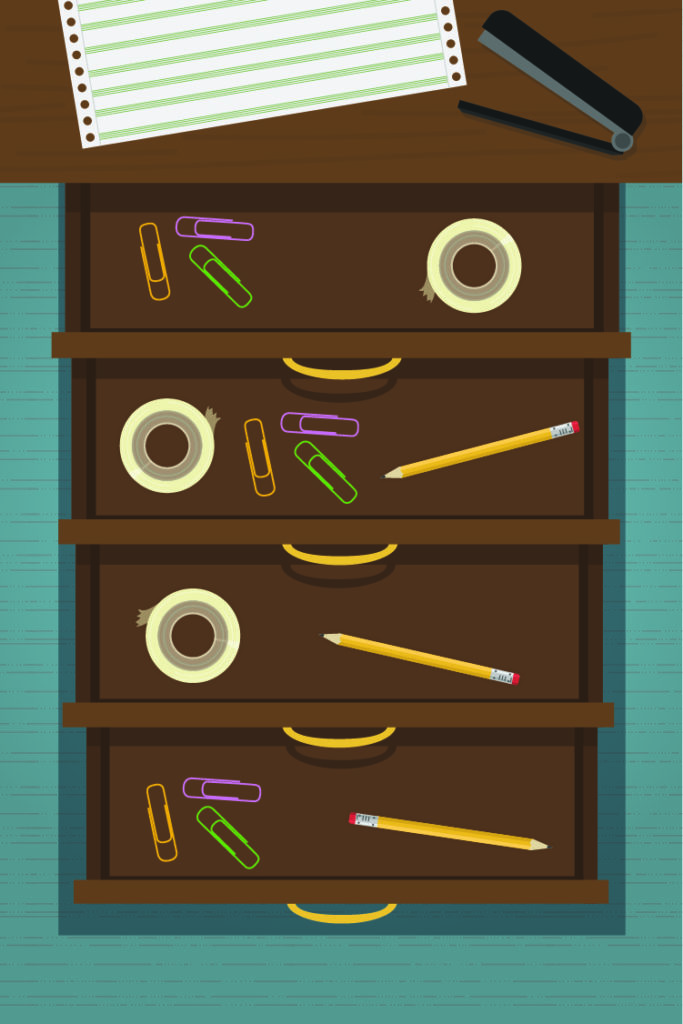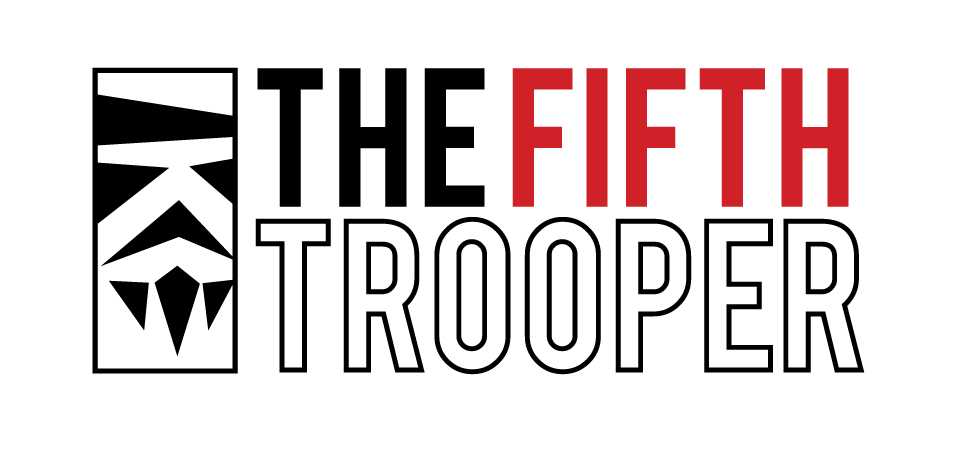Hi, my name is Jay Shelanskey and I am a Kickstarter failure. <Crowd> Hi Jay…
Last week I began this journey talking about my failures with my Kickstarter game. With last week’s post being about not building trust with the community and not setting a solid track record, I thought it would be good to talk about what I thought (at the time) was one of my strengths: theme.
Let’s talk about the Theme

I began this game as I am sure most creators do with an idea and a lot of passion. Even though the final product was themed as an office game, it originally started as a space-based game about getting resources from planets.
So, what the hell happened?
The space theme lasted for several months of game testing and design iterations. It wasn’t really an issue until I talked with a reputable game producer and that’s when the theme became a problem.
I opened the pitch with “I am designing this game where you go to planets and mine resources, I want it to be casual and quick to play and learn. I want it to be a game that you can bring to a get-together and anyone can play!”

This is where I was told that space, zombies and superheroes are all played out and I should really be looking at something unique that more people can connect with.
They were right in the critique, but I was wrong in the execution.
It took months of looking at the game and trying to “re-skin” it with out affecting the mechanics and losing all the hard work that was put in already.
I remembered a conversation I had with one of the guys in my office mailroom. He was telling me someone stole some free supplies and we both laughed at how weird that was. This struck me as incredibly funny, a bunch of crazy people running around stealing supplies. I started looking at the mechanics with some friends to see how we could incorporate office supplies into this game.
I applied the new theme to the underworking mechanics and started testing. In our game tests people responded favorably to the theme. Now in full disclosure a lot of the initial game tests were friends of friends, so I don’t know how honest they were, but it just boosted the high I was already on.
Everyone (friends, family, acquaintances) I talked to about the game really enjoyed the theme and the creativeness behind it. This was a huge stroke to my ego and made me feel overly confident in the “masterpiece” I had developed.
I was riding a wave of positivity and ego stroking that would propel me into kickstarting too early and without enough testing or enough reviews, which was by far the one of the bigger mistakes I made.
I sent the game out to just 2 reviewers. 2… I am an idiot. I thought that would be enough to confirm what I already knew… this game is great.
Here are the things I did wrong:
- I was getting ahead of myself with my perceived audience – I wanted to sell this game in Target and make tons of money and only design board games for the rest of my life. This is inherently stupid and greedy. I was trying to make a theme that would relate to the everyman while promoting/marketing on a platform that only serves a certain gaming audience. Furthermore, I think I may have overestimated the amount of people that would appreciate a game based in the office. I was going off the love of the TV show “The Office” or the movie “Office Space” and thinking that people would connect that way too.
- Lesson – Generic themes work to gain large audiences. An office environment isn’t as generic as I thought it was. It is no different than space or zombies. It has an audience base, but I wasn’t reaching them properly
- I have a different view and sense of humor around being in an office – My sense of humor about the office environment may not match up directly to your view. In fact, maybe you’ve never worked in an office and therefore can’t even relate. Then there are the people who don’t even want to think about the office at all… not even in game form.
- Lesson – Just because I think something is funny/clever/interesting doesn’t mean it applies to all people that worked in an office too. Also, I assumed most people have at one time worked in an office… I was wrong.
- Space, Zombies and Superheroes Work – These things are popular for a reason. The market may be over saturated with them, but they still sell like hot cakes.
- Lesson – Know the audience that you’re selling to. Just because your friends and you are into something doesn’t mean all of gamer kind will be.
- More feedback from the Anonymous – People who know you will not be able to be honest with you. They will try but it will be fake because they don’t want to hurt your feelings.
- Lesson – I should have sent out to more playtests, especially people I didn’t know. This would have provided stronger feedback at critiques on the game and theme.
- Way more reviews – I was cocky and over confident in the game and my abilities. Reviewers are there to level set. (I brought this up last time but wanted to really drive this home)
- Lesson – With any data set I needed more points. I should have sent this out to 10-12 reviewers to get back a proper analysis of the game. This would have brought more people to the Kickstarter as well.
This is just some of the things I did wrong in my pursuit in becoming a game publisher. I think the lesson here is that you can be unique but if you aren’t getting feedback from a larger group outside your own inner circle, you’ll never know what you have… good or bad. My hope is that you read this can side-step the mistakes I made and deliver your dream game to the world.
Next Week – Kickstarters Anonymous Part 3 – Art is Subjective
Here are the links to the campaign and my Board Game Geek Profile for you to see:
Cubicle Raiders Kickstarter Campaign
Cubicle Raiders Board Game Geek

These are interesting articles. I know I would not be interested in a game like this, although I am probably not the target audience (board games I like being A Game of Thrones, War of the Ring, Twilight Imperium, ect.). Why would I want to play a game about work?